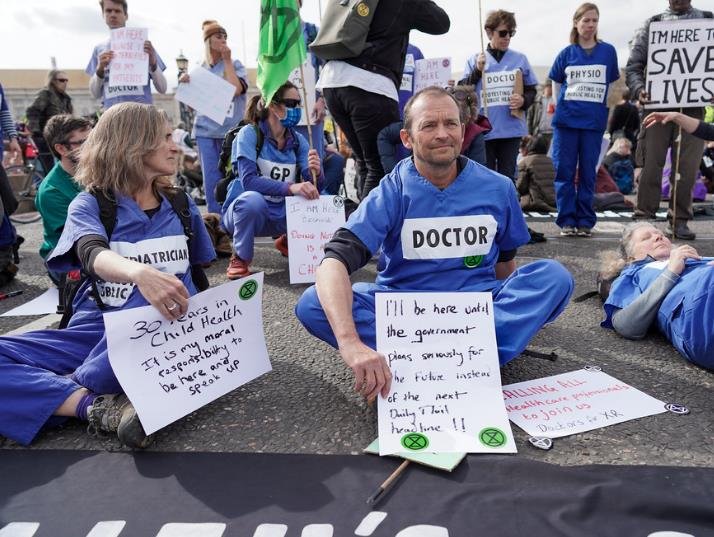Health workers across Italy launched a 24-hour strike today in response to inadequate pay rises and significant budget cuts within the public health sector. The strike, which saw doctors and nurses taking to the streets, calls on the government to reverse the recently approved health budget that falls short of initial promises.
Italian healthcare professionals are protesting the government’s latest budget law, which scrapped a long-awaited plan to hire 30,000 new staff members and instead proposed minimal wage increases. According to union representatives, the law also reduces funding for healthcare from previously announced levels, signaling a troubling shift in governmental priorities.
Impact of the Strike
The 24-hour strike could potentially cancel up to 1.2 million medical procedures, although emergency services remain guaranteed. Union leaders have reported participation rates of up to 85%, excluding legally mandated exceptions.
“This is a significant message highlighting the unacceptable working conditions in hospitals across Italy and the widespread support for our cause among colleagues,” said a union spokesperson.
Chronic Underfunding and Inadequate Pay Rises
Doctors and nurses argue that the modest pay rises proposed in the budget do not address the chronic underfunding of the sector. Italian health workers, particularly junior doctors, are currently among the lowest paid in Europe, exacerbating dissatisfaction and leading to increased instances of workplace aggression.
Financial Discrepancies
Prime Minister Giorgia Meloni has been criticized for not allocating sufficient funds to health in the recent budget. Despite claims that the government has allocated more money to health than ever before, unions argue that these funds are spread over the next five years and, after accounting for contract renewals, fall well below the inflation rate.
“These funds are only enough to maintain the status quo,” the unions added.

Government and Union Responses
The unions have sent an open letter to Prime Minister Meloni, requesting an urgent meeting to address the issues behind the protests. They highlighted insufficient resources, an increase in workplace violence, and growing discontent among staff as key grievances.
Prime Minister Meloni’s Stance
Prime Minister Meloni has repeatedly stated that the government is committed to supporting the healthcare sector. In a recent live TV appearance with journalist Bruno Vespa, she attempted to highlight the increased funding for health, though her calculations were often proved incorrect by union officials.
“While it is true that the current government has allocated the highest amount ever to the National Health Fund,” the unions responded, “these funds are spread over the next five years and, after accounting for contract renewals, are well below the inflation rate, making them inadequate to sustain a healthcare system already in serious trouble.”
Broader Wave of Labor Unrest
The strike marks the beginning of a wider wave of labor unrest in Italy. Following the healthcare workers’ strike, railway workers are scheduled to strike on the weekend of November 23-24, and a general strike organized by the CGIL-UIL union is planned for November 29, with railway workers excluded at the request of labor authorities.
Upcoming Strikes
- Railway Workers: Strike scheduled for November 23-24.
- General Strike: Organized by CGIL-UIL on November 29, excluding railway workers.
Longstanding Issues and Future Implications
The unions assert that the current protests are rooted in years of neglect by governments of both the right and left, which they claim have systematically undermined the public healthcare system. Issues such as insufficient resources, increasing aggression towards healthcare workers, and widespread dissatisfaction have culminated in today’s significant protest.
Call for Sustainable Solutions
Union leaders have emphasized the need for sustainable solutions that go beyond temporary fixes. They are advocating for:
- Increased Funding: Substantially raising the health budget to meet the demands of the public health sector.
- Hiring Commitments: Reinstating the plan to hire 30,000 new healthcare staff to alleviate the current workforce shortages.
- Improved Working Conditions: Implementing measures to reduce workplace aggression and improve the overall working environment for healthcare professionals.
The 24-hour strike by Italy’s healthcare workers underscores a critical juncture for the country’s public health system. As the protests signal widespread discontent and highlight the urgent need for government action, the coming weeks will be pivotal in determining the future stability and effectiveness of Italy’s healthcare services.
















